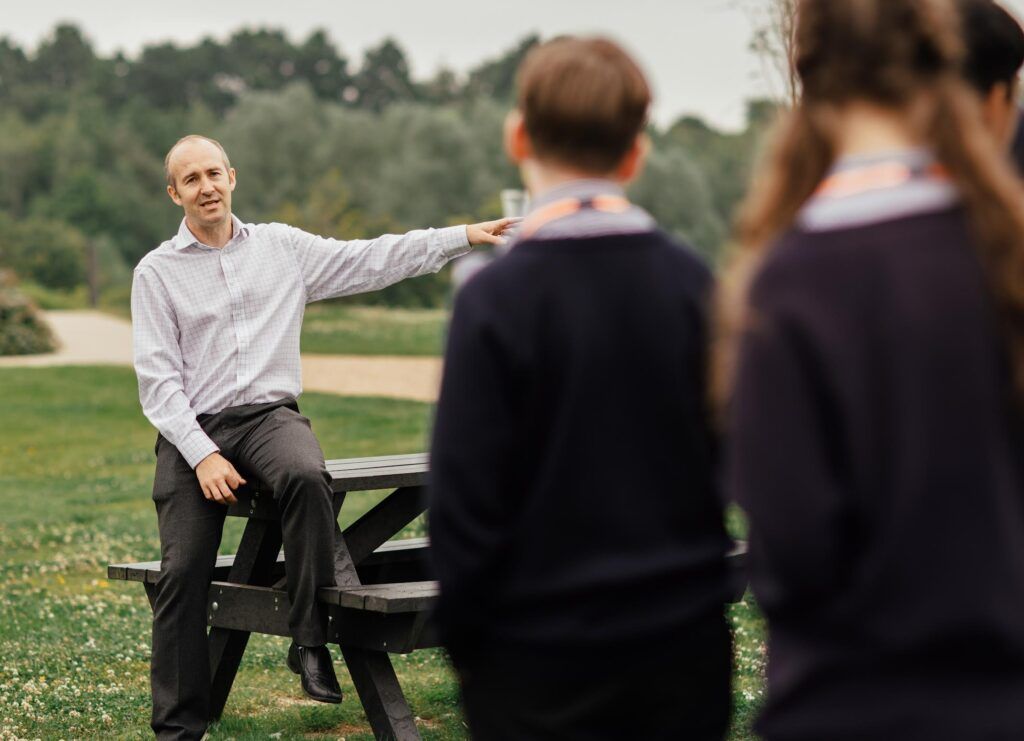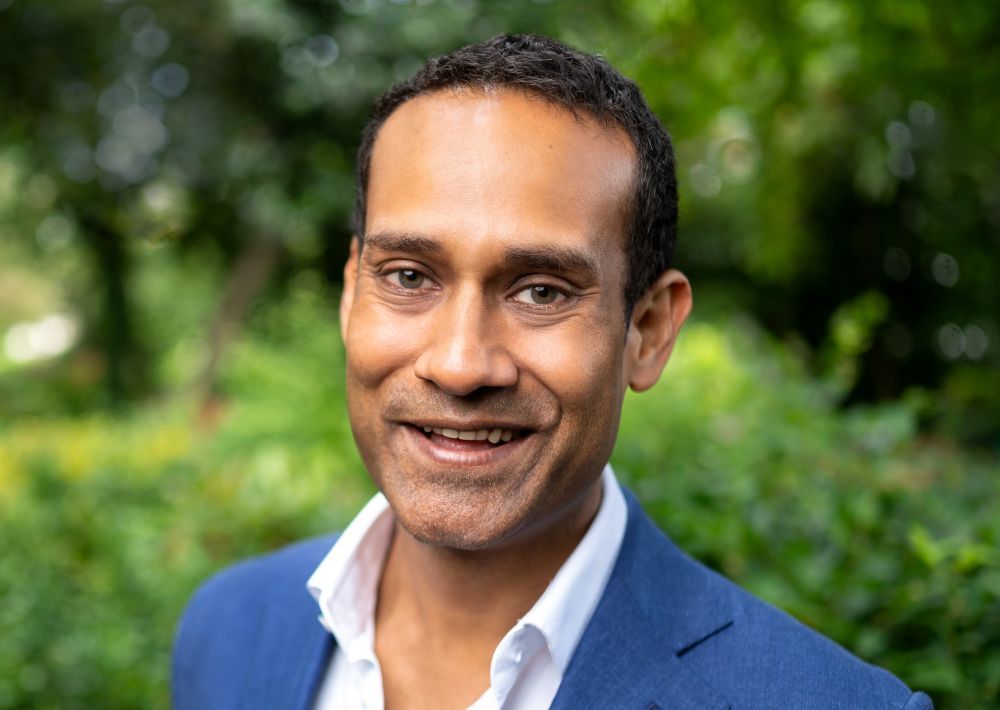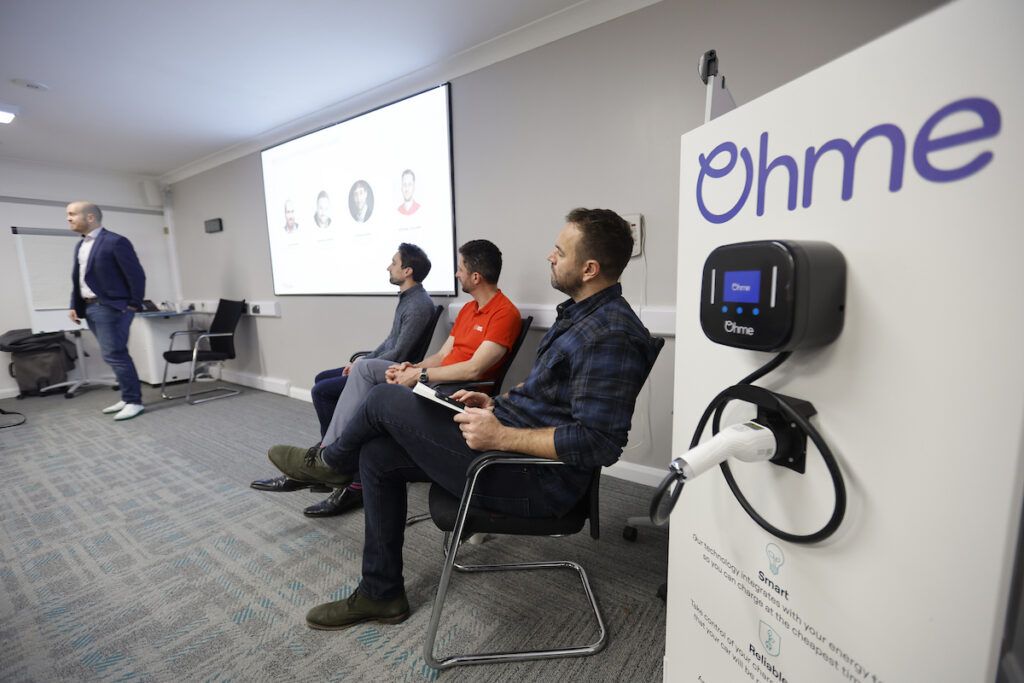Ross Mendenhall, Group Operations Director at Extra MSA explains why it is important to ensure that young people are fully educated on the electric vehicle transition.
The race to net zero shows no sign of slowing down, and with it, the pressure on transport and infrastructure providers to deliver. From logistics and haulage to infrastructure and service stations, every part of the industry is under pressure to adapt, and quickly.
At Extra MSA, we’ve committed to increasing our EV charging provision by more than 300% by the end of 2026, but installing new chargers is only one part of a much larger puzzle.
The transition to electric vehicles isn’t just about technology, it’s an industrial revolution in the making. With around one in five new cars registered in 2025 being fully electric, the shift to EVs is driving demand for new skills, new jobs, and new ways of working, emerging at a pace that outstrips the current workforce’s ability to adapt.
For a limited time, we can backfill roles by retaining existing professionals to fill skills gaps, but that window is short. If we don’t act now to expand the career pipeline for roles such as EV technicians, grid specialists, electrical engineers, and sustainability managers, we risk running into serious labour and knowledge shortages – leaving the UK struggling to keep up with the pace of change.
This is why we need to be thinking ahead and investing in the next generation. The young people currently sitting in classrooms will be the workforce responsible for making the EV revolution work at scale. They’ll be the ones keeping charging infrastructure operational, innovating with new technologies, and helping businesses and consumers alike adapt to
cleaner forms of transport. If we fail to inspire and prepare them, then we’re letting down both our industry, and our net zero commitments.

Through our longstanding collaboration with social value specialist, Ahead Partnership, we’re choosing to tackle this head on, putting skills and education at the very forefront of our sustainability journey.
Through our work together since 2017, it’s clear that young people are interested in sustainability and making a contribution to protecting the planet, but that more needs to be done to demystify these career pathways, as well as helping to define terminology such as “net zero”, “green economy” and “energy transition”.
Recently, we’ve held a number of EV insights days at our Leeds Skelton Lake services, connecting local Year 10 students with mentors from organisations including Gridserve, IONITY, Northern Powergrid, and Extra MSA itself. Co-designed alongside Ahead Partnership, these initiatives have opened students’ eyes to the breadth of career opportunities that this burgeoning sector can offer. They’ve been able to ask questions, see charging technology up close, and understand how everything from grid capacity to marketing comes together to make the EV economy function.
Students who might never have considered careers in energy or engineering are now seeing first-hand the real-world applications of the science and technology subjects that they’re studying at GCSE. Teachers have told us that these encounters have sparked genuine curiosity, linking classroom learning with real careers. And this isn’t just a “nice to have”, through these programmes, volunteers are potentially engaging face-to-face with the industry’s future talent pipeline.
The results of these days were striking, after attending one of our sessions: 93% of students reported an increased understanding of how to pursue various careers, 85% expressed heightened interest in green jobs, and 93% said the experience boosted their self-belief and confidence.

But it’s not just students who benefit. These initiatives also have a powerful impact on the volunteers who take part. Industry professionals consistently report that engaging with young people renews their sense of purpose, pride, and connection to the sector, helping to strengthen employee retention.
With the UK’s Climate Change Committee estimating that hundreds of thousands of new jobs will be created in the green economy over the next decade, we risk these roles going unfulfilled without targeted interventions. Young people need not only to be aware of these opportunities but also to feel equipped with the right skills and confidence to pursue them.
We know there’s still a long way to go. But by collaborating with partners, engaging directly with schools, and embedding skills development into our sustainability strategy, we’re confident we can play our part. The EV transition is one of the most significant industrial shifts in a generation. For transport leaders, preparing young people and supporting the professionals who guide them, isn’t a side project. It’s a strategic imperative.
Ross Mendenhall, Group Operations Director, Extra MSA












